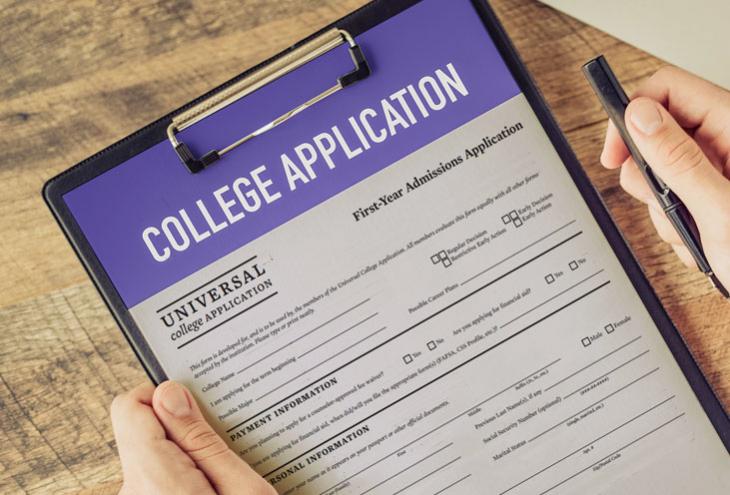Rise by Six: Your Daily Dose of Inspiration
Explore insights and stories that elevate your day.
Confessions of a Recommendation Letter: What Your Teachers Won't Tell You
Uncover the secrets behind recommendation letters and what teachers really think—your college future might depend on it!
Unveiling the Secrets: What Really Goes into Writing a Recommendation Letter
Writing a recommendation letter might seem straightforward, but there are several key components that make it effective. First, it’s essential to understand the purpose of the letter. Whether it’s for a job application, college admission, or a scholarship, the content should reflect the candidate's strengths and qualifications relative to the specific opportunity. Incorporating personal anecdotes that highlight the applicant’s skills, attributes, and experiences can offer the recipient a clearer picture of their capabilities.
Furthermore, a well-structured recommendation letter should follow a clear format. Start with a salutation, followed by an opening paragraph that introduces the writer and their relationship to the candidate. The body should contain specific examples of the candidate’s achievements and qualities, ideally organized in bullet points for easy readability. Finally, conclude with a strong endorsement that reiterates the recommendation and provides contact information for follow-up questions. Crafting a compelling recommendation letter requires both thoughtfulness and attention to detail.

The Hidden Truths: Why Your Teachers Might Not Want to Write You a Recommendation
When it comes to securing a recommendation letter from a teacher, many students assume it’s merely about academic performance and compatibility. However, the hidden truths reveal that teachers often consider several other factors before agreeing to write a recommendation. One key factor is the time commitment; crafting a quality letter takes considerable effort, and teachers may prioritize students who’ve shown consistent engagement in class or extra-curricular activities. Additionally, if a teacher feels they do not know a student well enough to provide a comprehensive and compelling narrative, they might hesitate to take on the responsibility.
Moreover, personal biases and past experiences can influence a teacher's willingness to write a recommendation. If a student has previously demonstrated a lack of commitment, poor attitude, or strained relationships with peers or instructors, teachers may question their potential for success in future endeavors. According to educators, it’s essential for students to establish strong connections with their teachers, showing not just academic aptitude, but also a willingness to learn and engage. In this light, understanding why teachers might be reluctant is crucial for students who wish to navigate their academic paths successfully.
5 Things You Didn't Know About Recommendation Letters That Could Change Your Future
When applying for jobs or educational programs, recommendation letters can weigh heavily in decision-making. However, many candidates are unaware of the five key aspects that can make or break the impact of these letters. First and foremost, the choice of recommender matters. A letter from a well-respected figure in your industry or a professor who knows you personally can hold more weight than a generic letter. Additionally, the content of the letter itself is vital. Specific examples of your achievements, skills, and character traits can make your candidacy stand out.
Moreover, timing plays a crucial role in the effectiveness of recommendation letters. It's beneficial to give your recommenders ample time to write a thoughtful letter, as rushed letters often lack depth. Don't underestimate the importance of following up and providing your recommenders with context about the opportunity you're pursuing; this strategy can lead to a more tailored and impactful letter. Lastly, remember that the presentation of the letter also matters. A professionally formatted letter can convey a sense of seriousness and respect, enhancing your application. By recognizing these five things you might not have known, you can leverage recommendation letters to remarkably change your future.